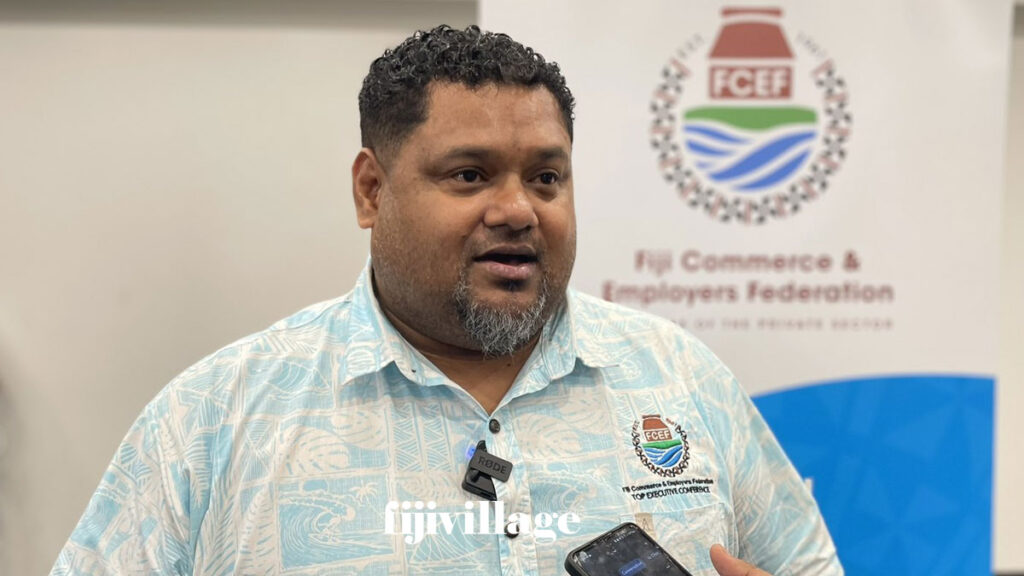
Fiji’s economic landscape is embroiled in a heated debate as the Fiji Commerce and Employers Federation (FCEF) CEO, Edward Bernard, asserts that the nation cannot afford to match the salary levels of Australia and New Zealand. This statement comes in response to claims by Professor Shaista Shameem, Vice-Chancellor of the University of Fiji, who argues that employers are responsible for the current labor and skills crisis in Fiji.
Bernard criticized the notion of aligning Fiji’s salaries with those of its wealthier neighbors, stating, “Matching or exceeding the financial offers made by Australia and New Zealand does not make economic sense.” He further dismissed accusations of selfishness against the FCEF as “baseless and far from reality.”
Economic Context and Labor Market Dynamics
The backdrop of this debate is a complex economic scenario. Last month, the Fiji National Provident Fund reported a 10 percent increase in average wages, reflecting employers’ efforts to attract and retain talent amid a competitive labor market. Bernard highlighted that this increase includes payments above the national and sector minimum wage rates.
Furthermore, the Reserve Bank of Fiji has noted that wage growth, along with remittance inflows, continues to bolster household spending power. Despite these positive indicators, Bernard emphasized that multiple factors have distorted the labor market, prompting the FCEF to collaborate with the government and other stakeholders to address the crisis.
University’s Counterpoint: A Call for Fair Compensation
Professor Shameem, however, remains unconvinced by the FCEF’s stance. She argues that the private sector has historically failed to provide fair compensation to workers, contributing to the current labor shortages. “Pay workers what they are worth, and there won’t be a skill or labor crisis in Fiji,” she stated.
Shameem pointed out that Fijian workers, including those in both white and blue-collar jobs, have historically been underpaid, with their labor primarily benefiting the private sector. She highlighted the trend of Fijians seeking better opportunities abroad, in countries like Australia, as a natural consequence of this disparity.
Internationalization and the Future of Work
The Vice-Chancellor advocates for a forward-thinking approach, encouraging graduates to pursue opportunities where salaries align better with living costs. “We must future-proof our young people so they can live well for themselves, their families, and for happy retirement,” she remarked.
Shameem also criticized the overemphasis on Technical and Vocational Education and Training (TVET) as a solution to the nation’s problems, arguing that it diverts attention from more promising sectors like advanced manufacturing, robotics, AI, health, and teaching. “Blindly following the TVET sector for jobs is a sure shot way of having our people work their way to the bottom,” she warned.
Implications and the Path Forward
The debate between Bernard and Shameem underscores a broader issue of balancing economic realities with the need for equitable compensation. As Fiji grapples with these challenges, the private sector faces mounting pressure to adapt to a globalized labor market.
Looking ahead, the FCEF and other stakeholders must navigate these complex dynamics to ensure sustainable economic growth. The ongoing dialogue between industry leaders and educational institutions will be crucial in shaping Fiji’s labor market policies and addressing the skills gap.
As the nation strives to find common ground, the question remains: Can Fiji’s economy support competitive salaries while fostering a fair and thriving workforce?







